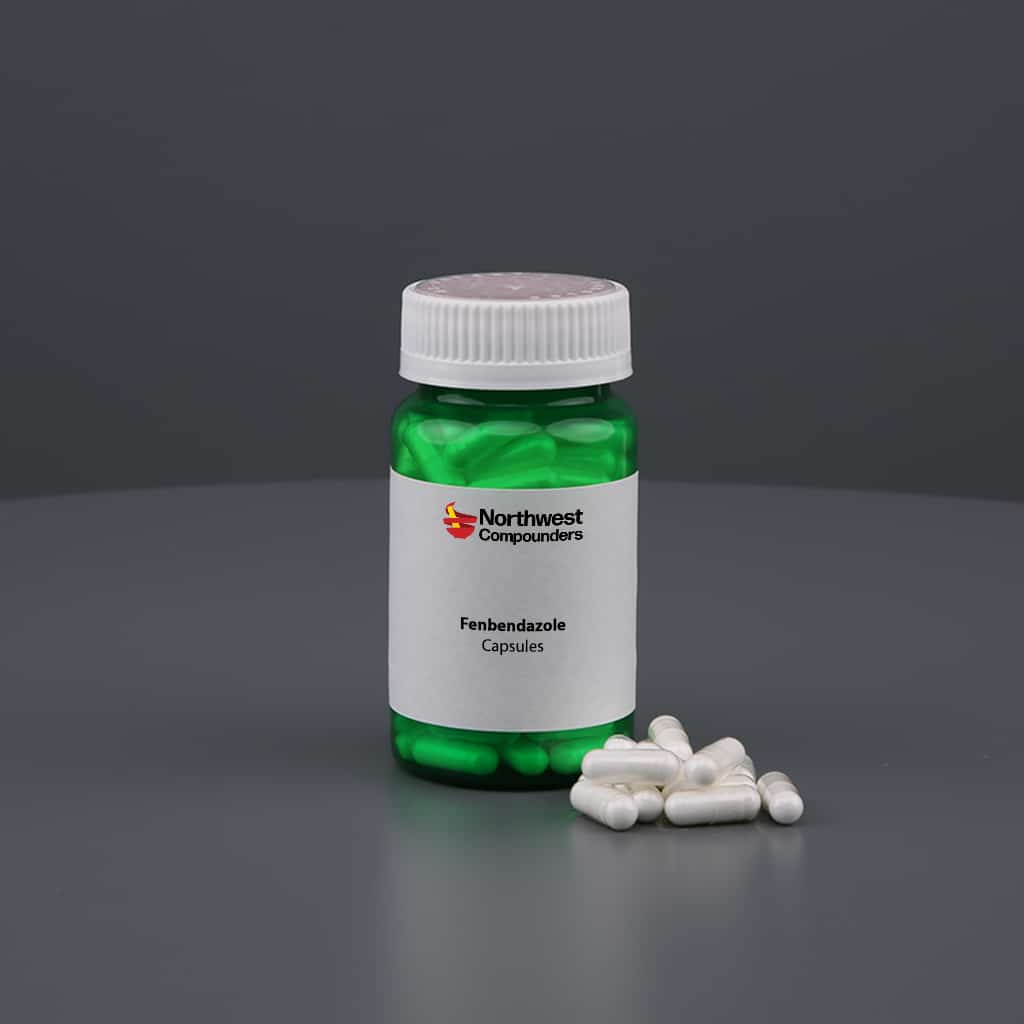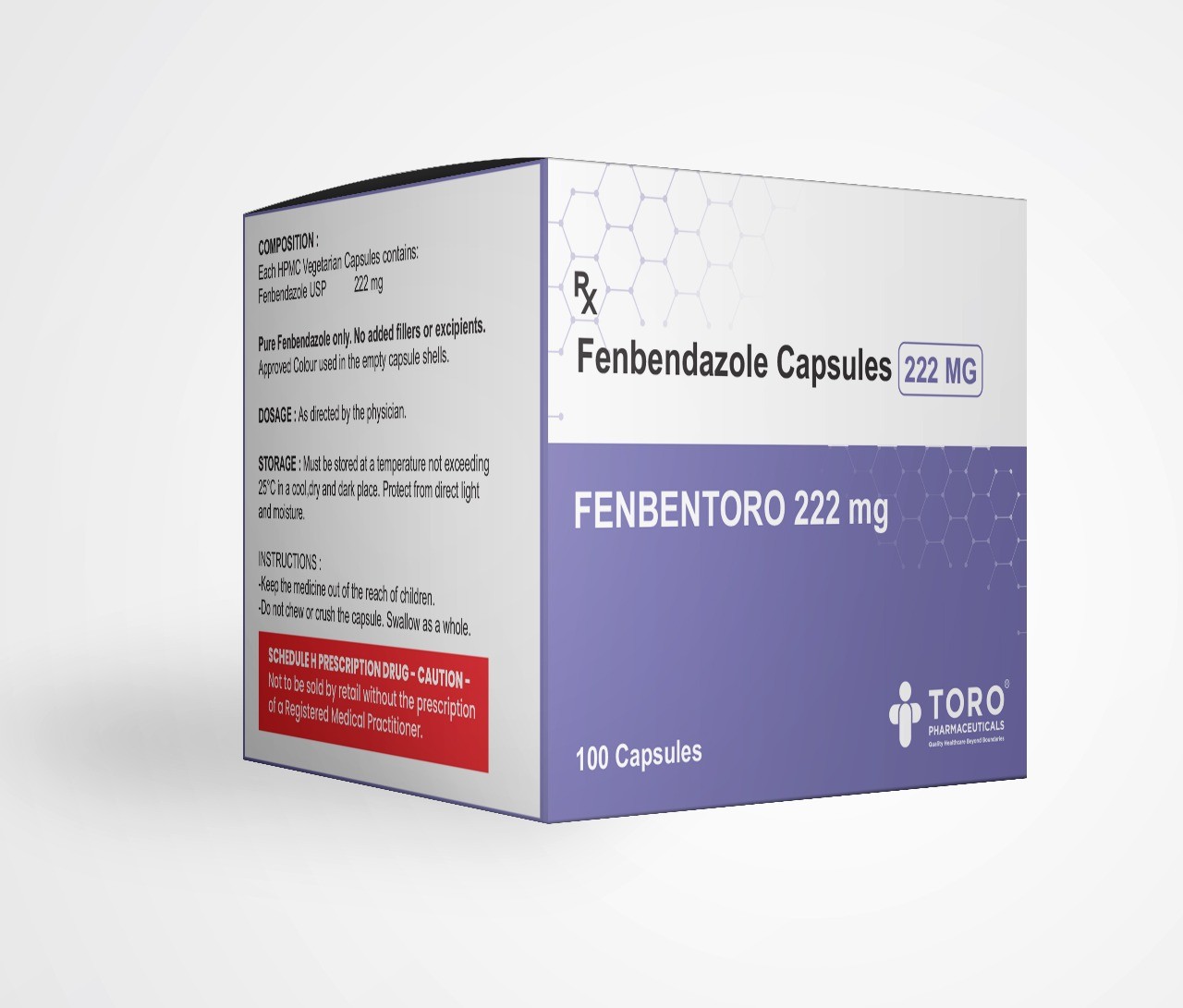222 mg fenbendazole: Top Benefits in Veterinary Medicine
Wiki Article
Comprehending the Conveniences and Uses of Fenbendazole in Veterinary Medication
Fenbendazole has actually developed itself as a vital anthelmintic in vet medicine. Its capability to target numerous parasitical infections makes it an important device for veterinarians. The drug's device interferes with important mobile procedures in bloodsuckers, leading to efficient therapy end results. Nonetheless, its safety profile varies between species, necessitating cautious consideration in its usage. Recognizing these dynamics can drop light on fenbendazole's broader implications in veterinary care and ongoing study right into its possible beyond traditional applicationsMechanism of Action of Fenbendazole

Common Parasitic Infections Treated With Fenbendazole
A variety of parasitic infections are successfully treated with fenbendazole, making it a flexible choice in vet medication. This anthelmintic agent is particularly effective versus nematodes, including roundworms and hookworms, which typically influence dogs and felines. It is additionally used for the therapy of cestodes, such as tapeworms, supplying a wide spectrum of action versus both kinds of digestive tract parasites. In addition, fenbendazole is advantageous in taking care of infections brought on by protozoa, specifically Giardia, which can bring about intestinal distress in animals. Its effectiveness includes treating specific lungworms in canines and felines, attending to breathing health and wellness worries linked to these parasites. Generally, fenbendazole's ability to target multiple parasitic varieties makes it a useful tool in vet technique, ensuring the health and wellness of pet dogs influenced by these usual infections.Safety and Efficiency in Various Pet Species
The safety and security and efficacy of fenbendazole vary amongst different animal varieties, highlighting the value of species-specific considerations in veterinary medication. In dogs, fenbendazole is usually well-tolerated and reliable against a variety of gastrointestinal parasites, including roundworms and hookworms. For felines, nevertheless, its use is less typical and might require cautious application because of prospective negative responses.In livestock, such as livestock and sheep, fenbendazole shows performance versus various endoparasites, adding to improved health and wellness and productivity. Nevertheless, the pharmacokinetics and prospective adverse effects can differ markedly in between types, demanding mindful evaluation by vets.
Equines likewise respond favorably to fenbendazole, specifically for treating strongyles and ascarids, though dose and management routes have to be customized to their unique physiology. Comprehending these differences is vital for maximizing therapy outcomes and making sure pet welfare throughout diverse species.
Administration and Dose Guidelines
Proper management and dosage standards are essential for making the most of the healing impacts of fenbendazole while decreasing prospective side results. The dosage commonly varies relying on the types being hop over to here treated, the specific problem, and the formulation of fenbendazole utilized. fenbendazole 222. For dogs and pet cats, a typical dosage is 50 mg/kg body weight, carried out when daily for 3 consecutive days, but vets might adjust this based on individual health and wellness evaluationsIt is very important to provide fenbendazole with food to improve absorption and lessen gastrointestinal trouble. The medicine is readily available in various types, including granules and paste, permitting flexible administration choices. Monitoring the animal's response during and after treatment is advisable to confirm efficacy and safety and security. Additionally, veterinary assistance is important to determine the suitable period read this post here of treatment based upon the type of parasitic infection being attended to, guaranteeing ideal end results for the pet's health.
Future Perspectives and Research Study on Fenbendazole
Study on fenbendazole continues to develop, concentrating on its prospective applications past traditional antiparasitic uses. Recent researches have actually explored its performance in dealing with numerous forms of cancer, especially in veterinary oncology. Preliminary data recommend that fenbendazole may prevent the development of tumor cells and improve the impacts of other chemotherapeutic representatives.Scientists are investigating its function in managing intestinal problems in animals, highlighting its anti-inflammatory homes. The adaptability of fenbendazole for various varieties increases concerns concerning its safety accounts and optimal application programs in varied populaces.
As passion expands, there is a requirement for extensive clinical tests to develop evidence-based standards for these unique applications. Future study may also check out the mechanisms behind fenbendazole's impacts, possibly leading the way for cutting-edge therapeutic approaches in veterinary medication. The ongoing exploration of fenbendazole can considerably enhance treatment alternatives for different vet conditions.

Frequently Asked Questions
Is Fenbendazole Safe for Pregnant Animals?
The security of fenbendazole for pregnant pets stays unclear. While some researches suggest minimal danger, veterinarians commonly recommend caution and frequently discourage its use while pregnant unless the advantages clearly surpass potential risks.Can Fenbendazole Be Used in Livestock?
Fenbendazole is frequently used in livestock to deal with different parasitic infections. fenbendazole capsules. Its efficiency against stomach worms makes it a beneficial anthelmintic, contributing to improved health and productivity in animals elevated for food and fiberWhat Are the Side Impacts of Fenbendazole?

The negative effects of fenbendazole might consist of gastrointestinal disruptions, lethargy, and allergic responses. In uncommon cases, more serious responses can take place, demanding mindful surveillance and assessment with a veterinarian throughout therapy.
How Does Fenbendazole Compare to Other Dewormers?
Fenbendazole uses broad-spectrum efficacy against various parasites, typically comparing positively to various other dewormers. Its unique system targets different life phases, making it reliable, while typically providing a desirable safety profile compared to alternatives readily available on the market.Can Fenbendazole Be Made Use Of for Treating Cancer Cells in Pet Dogs?
The sites capacity of fenbendazole in dealing with cancer in family pets has gathered interest. Preliminary research studies recommend it might hinder cancer cells cell growth, but better research is essential to verify its effectiveness and safety in veterinary oncology.Report this wiki page